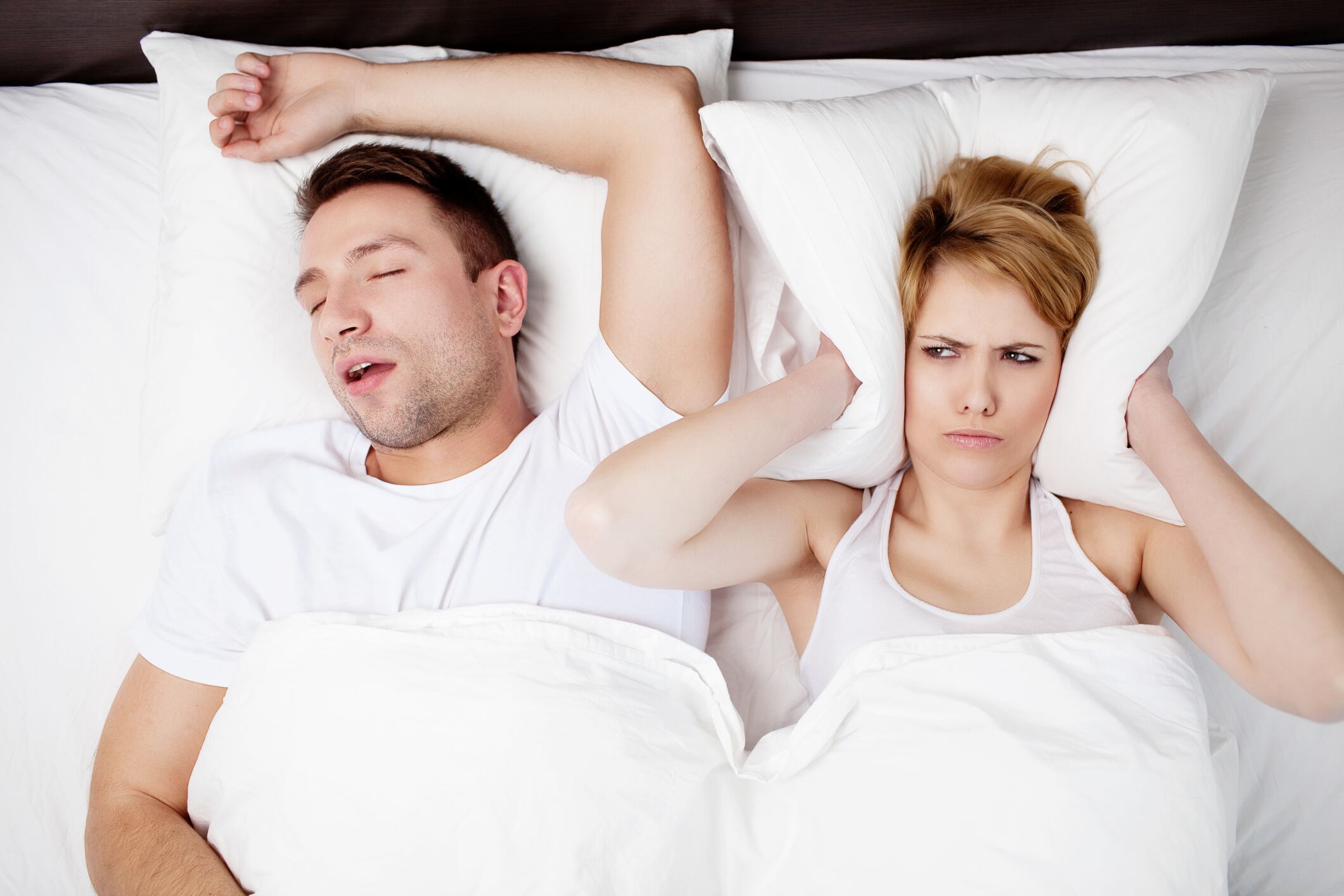
What is sleep apnoea?
Sleep apnoea is a disorder that disrupts your breathing while you sleep. It can cause you to stop breathing repeatedly during the night, tens or sometimes hundreds of times. If left untreated, sleep apnoea can put you at risk of serious health problems including, high blood pressure, stroke, diabetes and heart failure.
It sounds scary, but if you catch it, there are things you can do to help manage the condition and get a better night’s sleep.
What are the symptoms?
It can be difficult to tell if you have sleep apnoea, but if you have concerns about any of these symptoms, it might be worth seeing a doctor.
Night-time symptoms include:
- Breathing stopping and starting
- Making gasping, snorting or choking noises
- Disturbed sleep
- Snoring
Daytime symptoms include:
- Feeling tired
- Difficulty concentrating
- Excessive mood swings
- Waking with a headache
Who is at risk of sleep apnoea?
Sleep apnoea can affect people of all ages, even children. However, there are certain risk factors that could make you more susceptible.
You could be at greater risk of sleep apnoea if you:
- Are male
- Are overweight
- Are over the age of 40
- Have a larger neck size (over 17 inches for men, or over 16 inches for women)
- Have large tonsils, a large tongue, or small jaw bone
- Have a family history of sleep apnoea
- Suffer from a nasal obstruction
- Treatments for sleep apnoea
There are a number of treatment options for sleep apnoea. The most common treatment on the NHS is a device called a CPAP machine – a mask that you wear over your mouth or nose while you sleep to help you get extra air.
Other treatments include:
- A gum shield to help hold your airways open while you sleep
- Surgery to reduce restrictions to you breathing (e.g. removing large tonsils)
- If your sleep apnoea is mild you could also try some home remedies, such as:
- Losing weight if you are overweight
- Sleeping on your side
- Limiting alcohol and quitting smoking
- Reducing saturated fat in your diet
- Taking control of nasal allergies
- Building a better sleep routine
For more information on sleep apnoea visit the NHS website.









